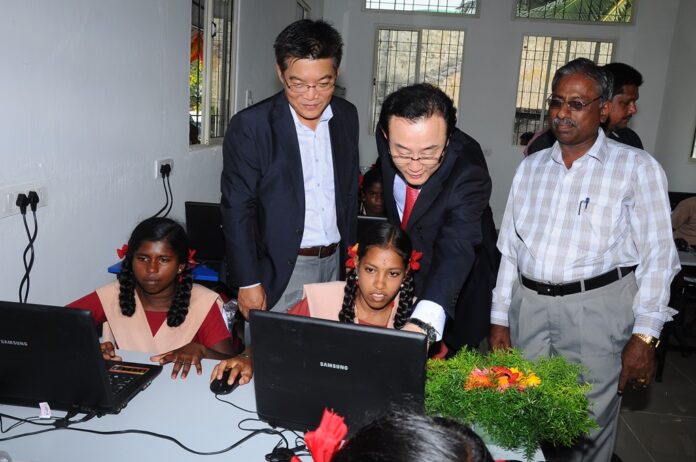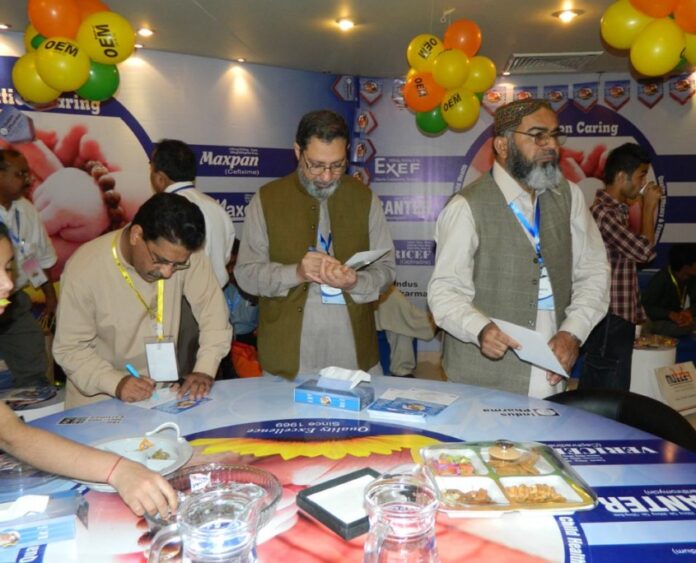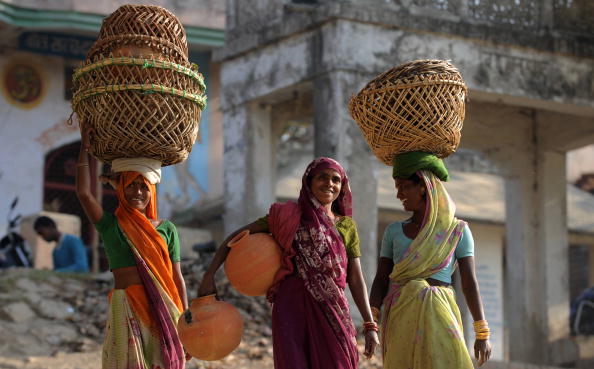‘The agricultural sector is a profitable profession. But we are not the ones reaping the profits. Traders, companies and other large interest groups are earning profit while we are bearing the losses continuously.’ This quote by Gajodhar, a farmer from Muzaffarnagar in Bihar, sums up the irony of agriculture in India today. In a one of its kind event, 13 farmers and agricultural workers from Bihar, Uttar Pradesh and Uttarakhand formed a Ground Level Panel that was organized in Delhi for four days to collectively analyse their experiences of the impacts of climate change on their lives and livelihoods. The panel was brought together by development support organisation Praxis Institute for Participatory Practices, with support from Oxfam India, Partners in Change and Dialectics. At the dissemination in Delhi recently, the panellists identified themselves as farmers who were marginalised because of their caste, gender and relationship to land among other things.

Giving the example of a tomato cultivator’s plight, Gajodhar said: “We are forced to sell our produce for Rs 20 a kilo, whereas, it is made into chutney, bottled, branded and sold for Rs 80 for 100 grams. Why does this happen? Nobody asked me before fixing a rate for my produce.” The role of policies at the state and global level reflected this apathy for agrarian communities. “Initially, the government encouraged use of fertilisers by giving subsidies and promising increased yield. But the result was the continuing need to increase the dose of fertilisers and water, ultimately leading to the depletion of soil fertility,” Ram Lachan Manjhi from Bihar. “Even the proposed Sustainable Development Goals related to sustainable agriculture with focus on high yield to eradicate hunger. It is all about food security, not the security of farmers,” the panel noted in its observations on global policies.
Another significant issue that surfaced at the interaction was how farmers, especially small farmers and agricultural labourers, were forced to make way for economic development. We are supposed to be a country of farmers, but we are nowhere at the centre of policies or discussions. Instead, we are continually pushed to the margins, one of the farmers on the panel said. Pooja Parvati, Research Manager at Oxfam India, set the context for the discussion by highlighting the forces of marginalisations in understanding and experiencing agriculture and climate change.
Ramesh Sharma, activist from Ekta Parishad, recalled the fact that no other country has as high a rate of farmer suicides as India. He wondered at the logic and the practicality of several policies oriented on climate change. In a different context, he raised the contrast in the low mortality figures of Andaman and Nicobar islands on one hand and the high figures of the rest of coastal India to stress on the need to use local and traditional knowledge. The plight of farmers has, increasingly of late, been the subject of television prime time debates, campaigns, and discussions by lawmakers. In addition, climate change is a significant issue. A recent World Bank commissioned study predicted a grave future for agriculture and livelihoods in India, of which some impacts will start becoming prominent within the next two decades.
Expectedly, both the issues are highly visible agenda points in national and global policy debates. However, despite the high-profile buzz, there seems to be a gap in terms of people’s perspectives in the understanding around climate change and agriculture. Climate change has not yet become a political issue, let alone an electoral issue in India. It has not been able to percolate into popular discourse – this, despite the fact that more than 70% of India’s population still depends on climate change-sensitive sectors like agriculture, fishing and forests. People at the margins, that is, the landless, small and marginal farmers, dalits and tribals, rural women and children and such other relatively voiceless communities, suffer the most as they are pushed to the periphery. Their experience of climate change and its impact need to inform the policy debates and solutions.
To this end, Praxis set into motion a series of processes in 13 habitations in 6 districts across Bihar, Uttar Pradesh and Uttarakhand that enabled these communities to engage more substantively with climate change through community-led mapping and analysis of local realities, experiences, perspectives and strategies they employ to cope with the effects of climate change. The Ground Level Panel process brought the 13 farmers to the national capital to collectively analyse their issues. As Tom Thomas, CEO, Praxis, pointed out, the process aimed at grounding science in local realities by creating spaces for farmers to address policy makers, civil society, media and others at a national forum. The Food and Agriculture Organisation India representative Kevin Gallagher was also present at the event and promised to convey the voices of the farmers and agriculturists to the relevant audiences.
Reports were also released on the Ground Level Panel’s response to the State Action Plans on Climate Change and on the Sustainable Development Goals.


















